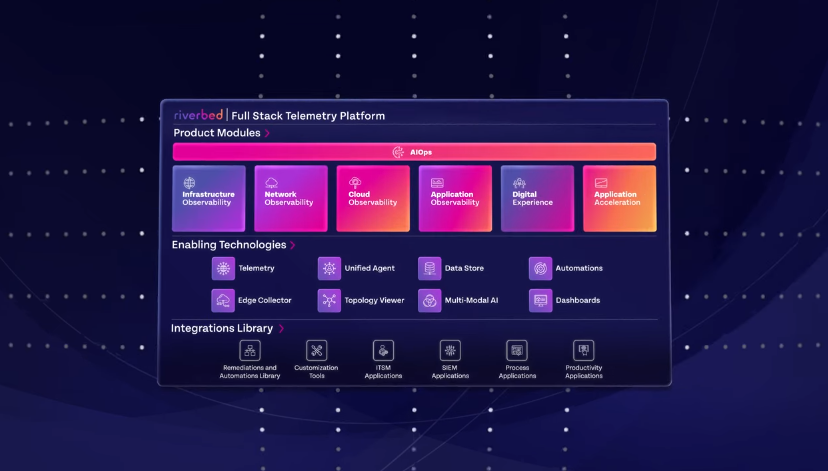
The post Riverbed rolls out new AI-powered observability features appeared first on SiliconANGLE.
Did you know you could use the neighbor local-as BGP functionality to fake an iBGP session between different autonomous systems? I knew Cisco IOS supported that monstrosity for ages (supposedly “to merge two ISPs that have different AS numbers”) and added the appropriate tweaks1 into netlab when I added the BGP local-as support in release 1.3.1. Someone couldn’t resist pushing us down that slippery slope, and we ended with IBGP local-as implemented on 18 platforms (almost a dozen network operating systems).
I even wrote a related integration test, and all our implementations passed it until I asked myself a simple question: “But does it work?” and the number of correct implementations that passed the test without warnings dropped to zero.
At a Congressional hearing earlier this week, Matt Blaze made the point that CALEA, the 1994 law that forces telecoms to make phone calls wiretappable, is outdated in today’s threat environment and should be rethought:
In other words, while the legally-mandated CALEA capability requirements have changed little over the last three decades, the infrastructure that must implement and protect it has changed radically. This has greatly expanded the “attack surface” that must be defended to prevent unauthorized wiretaps, especially at scale. The job of the illegal eavesdropper has gotten significantly easier, with many more options and opportunities for them to exploit. Compromising our telecommunications infrastructure is now little different from performing any other kind of computer intrusion or data breach, a well-known and endemic cybersecurity problem. To put it bluntly, something like Salt Typhoon was inevitable, and will likely happen again unless significant changes are made.
This is the access that the Chinese threat actor Salt Typhoon used to spy on Americans:
The Wall Street Journal first reported Friday that a Chinese government hacking group dubbed Salt Typhoon broke into three of the largest U.S. internet providers, including AT&T, Lumen (formerly CenturyLink), and Verizon, to access systems they use for facilitating customer data to law enforcement and governments. The hacks reportedly may have resulted in the “vast collection of internet traffic”; from the telecom and internet giants. CNN and The Washington Post also confirmed the intrusions and that the U.S. government’s investigation is in its early stages.
This guy sits down at the table, flips over the board, and says to his competitor, "How about you hand me your wallet or my friend here busts up your kneecaps?"
The article you write is about how this guy is literally the worst chess player you have ever seen, and you're not sure he even understands the rules.

1) You want a pizza made from another region.
2) However, you must sell them some your ingredients before it can be made.
3) They charge a “tariff” to protect the income of their local farmer’s for other ingredients. You’re willing to pay the “tariff” because you like your ingredients better.
4) The pizza maker sells you the final pizza with a standard sales tax but no tariff
5) You paid the higher price and they made money from the tariff.
Trump is charging tariffs to increase the costs from other regions for several reasons. A) To negotiate down tariffs from other regions. B) Lower tariffs mean you pay a lower cost for your special pizza. C) To whittle down our regions deficit. D) and/or To increase local “ingredients” growth at lower cost for you.
![[later] I don't get why our pizza slices have such terrible reviews; the geotextile-infused sauce gives the toppings incredible slope stability! [later] I don't get why our pizza slices have such terrible reviews; the geotextile-infused sauce gives the toppings incredible slope stability!](https://imgs.xkcd.com/comics/tariffs.png)